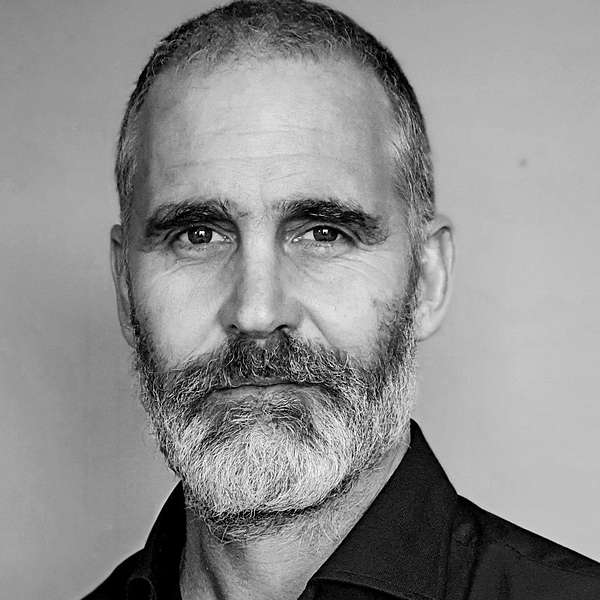
The Natural You
The Natural You
Ross Wanless- Want to Change the System? Get in the Game!
Ross is a Marine Biologist and a leader in his field of Seabird Conservation and Fisheries Improvements. His PhD (with distinction) from the University of Cape Town took 3rd place in an international competition run by the United Nations-Environmental Programme. He has authored numerous scientific papers and has been featured in popular reads like National Geographic.
Since childhood he has had a deep connection with nature and had a great curiosity learning about how it all fits together. He also was drawn to observing birds which no one else in his family found interesting. After deciding that Teaching wasn't the path for him, he joined a Long Lining Fishing operation in the Antarctica, as Scientific Observer, where he was surrounded by the most incredible wild nature of birds and other sea life. The technique of long lining has thousands of baited hooks to catch fish. Unfortunately many scavenging birds, including albatross, try to dive for these tasty morsels and get hooked or caught up in the lines. The result is hundreds of thousands of birds being needlessly killed. He is not against fishing, as it can be done sustainably and is a very healthy source of protein and things like Omega 3s. Techniques like only fishing at night and bird scarring lines can reduce bird fatalities.
Ross explained the precarious role of the Observer collecting data for research but having no impact on compliance. In international waters on the High Seas, the Captain is boss. This is complicated further by Sovereignty and Nationality issues. Any changes in International Fisheries agreements have to be achieved by consensus. Social opprobrium, where no one (or no country) wants to be the “bad guys” is very often the best way forward. When confronted by rules or systems we either have to change the rules, or if we can't do that, work within them.
Getting Intergovernmental agreement at a Policy level means understanding the needs of all the players. Getting agreements (including things like compensation) will ultimately lead to best practice measures to save sea life and ensure sustainable catch rates. This was shown in the Atlantic tuna successes data, that he was able to bring over and convince the Koreans and other players that this could also be achieved by the Indian Ocean Tuna fleets. Adopting these measures in Long line and trawling has saves tens of thousands of birds every year. This extrapolated over years means some species like the albatross are being saved from extinction.
Lessons:
1. Systems rule everything. So recognise your power and your limits of power.
2. Understand written and unspoken rules.
3. Which actors have power to influence.
4. You can change anything, but you need patience.
5. Understand how you (or your position/interest) is perceived and what language is used by non supporters to describe these.
6. Your job isn’t to change the world. Just to move the needle a bit in your lifetime
7. It’s never to late (Nature is resilient and can bounce back)
Conclusion: If you are not in the game, you are guaranteed things wil
Contact: tim.thenaturalyou@gmail.com Instagram Facebook
Music by MarkJuly from Pixabay